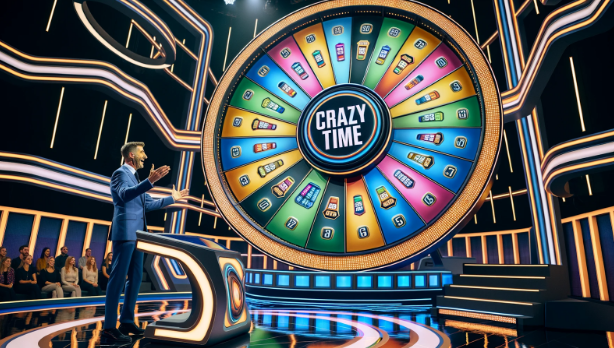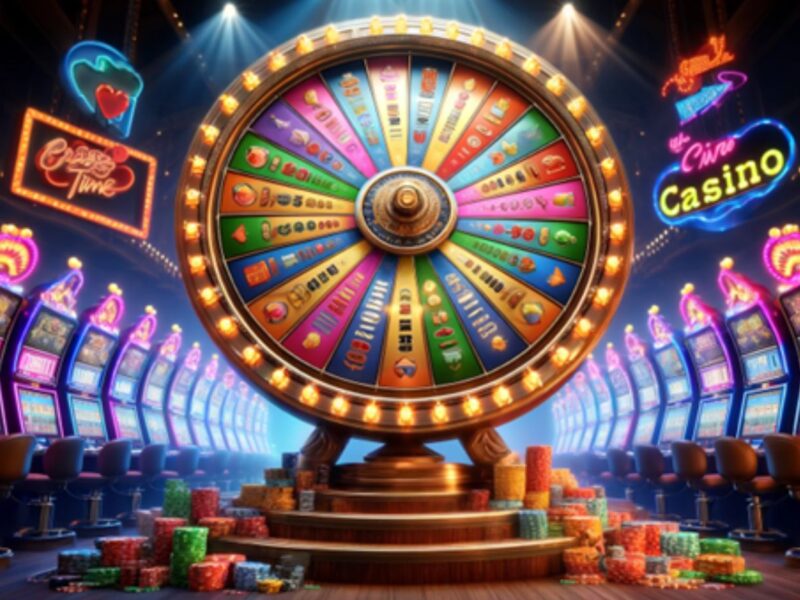Table of Contents
The rise of microtransactions in gaming has drawn many parallels with casino gaming. While our focus today will be on sweepstakes, they do not rely as heavily on individual real cash transactions as traditional digital casinos do. In many ways, this makes them a more interesting case study. Hence why we have chosen them for today’s piece.
That’s not to say there isn’t a significant crossover between a sweepstakes casino and a traditional provider. I mean, in truth, the only significant factor where they differ is that sweepstakes allow you to play casino games without having to place wagers with money, instead, allowing casino gamers to use in-game tokens or other types of site-specific tokens, like gold coins, etc.
So, as we comb through some of the parallels between the two today, we could just as easily apply them to traditional casinos. However, sweepstakes casinos are proliferating and have become a multi-billion-dollar global industry over the last decade. Microtransactions have played an integral role in this development and evolution.
Defining Microtransactions
What are microtransactions? Well, they’re exactly what they sound like. Miniscule transactions often take place at a quickfire level within the deeper echelons of a game. The best examples are in free-to-play mobile games like League of Legends or Fortnite mobile.
While the games themselves are advertised as free to play, and there is no upfront cost to download or begin playing, gaming companies devised a clever way to generate profit from these games—marketed initially as free to play, they charge gamers small amounts for in-game upgrades.
Now, depending on the game, these upgrades can come in many forms, whether character upgrades, new skins, melee weapons in a first-person shooter, or some free-roam games. In sports games like FIFA (or FC 25, as it is now known), microtransactions allow players to buy packs to improve their ultimate team. The idea stemmed from mobile games specifically, but by the mid-2010s, they were a seminal part of video games like Grand Theft Auto and are now an industry worth more than $180 million.
Sweepstakes Casinos
The first parallel between sweepstakes casinos and microtransactions comes from their innovation. In the same way that microtransactions were a genuinely inventive way for gaming companies to turn a profit and keep people playing, sweepstakes casinos also looked outside the box.
Instead of churning out a predictable design in the way traditional digital casinos have, in a completely saturated industry, they took the gaming mechanics of casino gaming, removed the element of monetary loss, and instead, focused on the quality of the gaming mechanics.
The obvious issue for sweepstakes is that they do not have the same broad scope of potential profit as traditional digital casinos; they had to become more inventive. Microtransaction mechanics in sweepstakes casinos take on a slightly different format, allowing gamers to win rewards, usually via in-game tokens or gold coins or providing random rewards to gamers.
Gambling Similarities
Sweepstakes casinos have a slightly more obvious element of gambling engrained in their mechanics and design. However, games that use microtransactions do have a significant crossover into gambling. This has resulted in a fierce debate among gaming experts and software designers about where the line is drawn regarding casino gaming and microtransactions.

While many mobile apps are free to use or download, especially for work or education purposes, free-to-play mobile games will draw gamers in before slowly drip-feeding microtransactions. If a gamer can only proceed further into a game by purchasing an upgrade or an in-game item, that’s just a way of turning a profit for a gaming company.
However, in games like FC 25, where gamers spend money on packs, unaware of whether they will unlock a football legend or an average player, it’s here where microtransactions draw some of the closest parallels to gambling. While sweepstakes casinos don’t delve right into gambling like traditional providers do, there’s still an obvious comparison to be drawn here.
Responsible Gambling
Sweepstakes casinos have been able to remove some of the elements that have concerned gambling legislators over the years. Although many of them will still offer prizes and transactions for people to purchase in-game tokens, they fall outside the remit of what constitutes a conventional traditional casino.
Sweepstakes emphasize the need to focus on the gaming element rather than the monetary one, but this should be evident in any form of online casino gaming. If you play at a casino, you should only use a set amount of money you can afford to lose.
You must seek help from problem gambling charities or organizations like Gamblers Anonymous if you believe you are developing an issue with your gambling—whether you are spending more money or time than planned, seeing gambling as a source of income, or hiding losses from friends and family.
Final Thoughts
It might not seem that microtransaction mechanics and sweepstakes casinos have much in common, but as you can see from some of the points we’ve made today, there’s more to it than might initially meet the eye.

As microtransactions play a more significant role in the broader gaming world, and sweepstakes casinos continue to market themselves as an intriguing, effective new angle in the iGaming world, expect to see more crossover and comparisons between the two sectors.







